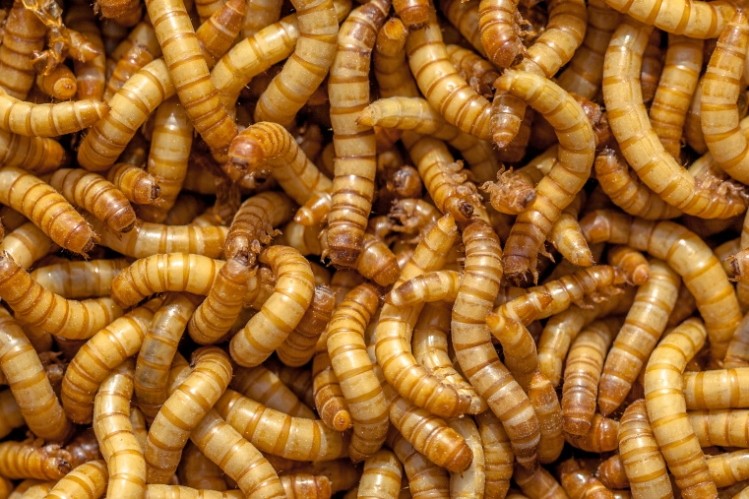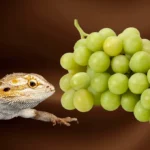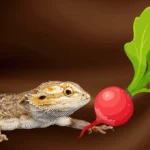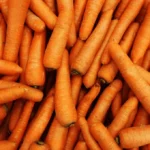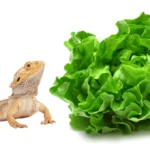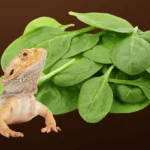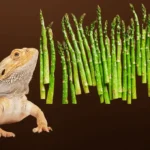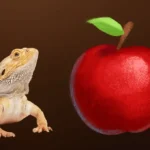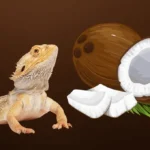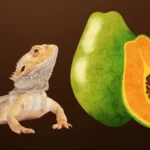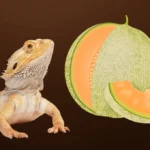Bearded dragons are omnivorous reptiles that thrive on a varied diet, including insects, vegetables, fruits, and greens. Mealworms are a common insect offered to pet reptiles, but their suitability for bearded dragons is often debated.
This article explores whether mealworms are a suitable food for bearded dragons, including their nutritional benefits, potential risks, and guidelines for safe feeding.
Nutritional Profile of Mealworms
Mealworms are the larvae of the darkling beetle and are commonly used as a food source for various reptiles and animals. Here’s an overview of their nutritional profile and how it impacts bearded dragons:
Protein Content
Mealworms are a good source of protein, which is essential for growth, muscle development, and overall health in bearded dragons. Protein supports tissue repair and provides energy. Mealworms typically contain around 20-25% protein, which makes them a valuable protein source when fed in moderation.
Fat Content
Mealworms have a relatively high fat content, usually around 12-15%. While fats are a necessary energy source, excessive fat intake can lead to obesity and other health issues in bearded dragons. It’s important to monitor the amount of mealworms fed to avoid overloading their diet with fat.
Vitamins and Minerals
Mealworms provide several vitamins and minerals, though they are not as nutrient-dense as some other insect options:
- B Vitamins: Important for metabolism and overall health.
- Iron: Supports the production of red blood cells and energy levels.
- Calcium: The calcium content in mealworms is relatively low compared to other insects, which means they should not be relied upon as the primary source of calcium.
Fiber Content
Mealworms have a low fiber content, which means they don’t contribute significantly to digestive health. Fiber is important for maintaining regular bowel movements and preventing constipation, so it should be supplemented with other foods that are higher in fiber.
Benefits of Feeding Mealworms to Bearded Dragons
Feeding mealworms to bearded dragons can offer some benefits, but they should be part of a varied diet:
1. Good Source of Protein
Mealworms are a valuable source of protein, which supports muscle growth and overall health. They can be included occasionally as part of a balanced diet.
2. Nutritional Variety
Including mealworms in the diet adds variety and helps prevent nutritional deficiencies. Offering different types of insects ensures that your bearded dragon receives a range of nutrients.
Risks and Considerations When Feeding Mealworms
While mealworms can be beneficial, there are several risks and considerations:
1. High Fat Content
The high fat content in mealworms can lead to obesity and other health issues if fed in large quantities. It’s important to offer mealworms in moderation and balance them with other lower-fat food options.
2. Low Calcium Content
Mealworms have a relatively low calcium content compared to other insect choices like crickets or dubia roaches. Calcium is crucial for bone health and preventing metabolic bone disease (MBD). Ensure that your bearded dragon’s diet includes other calcium-rich foods.
3. Digestive Issues
The hard exoskeleton of mealworms can be difficult for some bearded dragons to digest, particularly for younger or smaller individuals. This can lead to digestive problems if mealworms are not properly prepared or fed in appropriate sizes.
4. Risk of Choking
Mealworms have a hard outer shell that may pose a choking hazard, especially for younger or smaller bearded dragons. Ensure that mealworms are an appropriate size and consider removing their outer shells if necessary.
How to Safely Feed Mealworms to Bearded Dragons
If you choose to include mealworms in your bearded dragon’s diet, follow these guidelines to ensure safety and nutritional balance:
1. Offer in Moderation
Feed mealworms as an occasional treat rather than a staple of their diet. They should be included in a varied diet that includes other protein sources and vegetables.
2. Prepare Properly
Ensure that mealworms are clean and free from pesticides. Consider removing their hard outer shells or crushing them if necessary to aid digestion.
3. Monitor for Adverse Reactions
Observe your bearded dragon after introducing mealworms into their diet. Watch for any signs of digestive discomfort or changes in behavior. If any adverse reactions occur, discontinue feeding mealworms.
Alternative Insects for Bearded Dragons
For a more balanced and nutritious diet, consider these alternative insects:
| Insect | Nutritional Benefits | Feeding Frequency |
|---|---|---|
| Crickets | High in protein and calcium, easy to digest | Daily (juveniles), 2-3 times a week (adults) |
| Dubia Roaches | High in protein, moderate calcium | 2-3 times a week |
| Silkworms | Good protein source, lower in fat | 1-2 times a week |
| Black Soldier Fly Larvae | High in protein and calcium | 1-2 times a week |
| Waxworms | High in fat, should be fed sparingly | 1-2 times a month |
These insects offer a more balanced nutritional profile and can be included in your bearded dragon’s diet regularly.
Conclusion
Mealworms can be included in a bearded dragon’s diet occasionally, but they should not be a primary food source due to their high fat content and low calcium levels. While they provide beneficial protein and variety, it’s essential to offer them in moderation and balance them with other nutrient-rich foods. By following these guidelines, you can provide a diverse and well-rounded diet for your bearded dragon, supporting their overall health and well-being.
